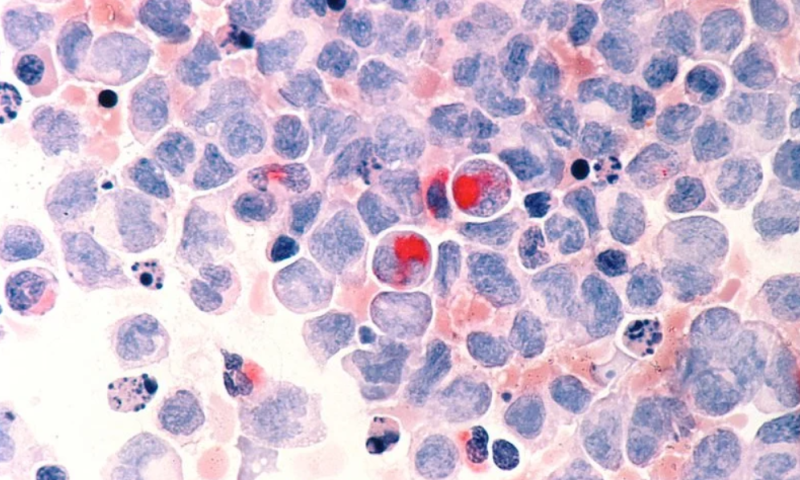Turns out NexImmune is not resistant to the tough competition in multiple myeloma. The company cited the competitive environment in the blood cancer space as reason for pausing enrollment on one of its two clinical candidates.
NexImmune will instead divert resources to launching a solid tumor therapy into human studies. The T-cell-focused biotech referred to “recent product approvals and the competitive environment in the relapsed refractory multiple myeloma space” as the reason for moving resources away from NEXI-002. A phase 1/2 study of the experimental therapy, which uses patient-derived T cells, in relapsed refractory multiple myeloma was due to finish at the end of the year, according to ClinicalTrials.gov.
Evidence of immune response and signs of clinical activity have been observed in the heavily pretreated population in the current trial, and the company said it will consider shifting enrollment to an earlier stage of the disease at a future date.
There’s certainly no shortage of drugmakers keen to dominate the multiple myeloma space. Only last week, Bristol Myers Squibb trumpeted a first-in-class trial win as it tries to move the CAR-T therapy Abecma up in the treatment sequence for multiple myeloma. Abecma is in a tight race with Johnson & Johnson and Legend Biotech’s rival BCMA-targeted CAR-T Carvykti.
Against this backdrop, it’s perhaps understandable that NexImmune chose to focus on disease areas that aren’t quite as dominated by the biggest players. The biotech is currently enrolling patients in the final dose cohort for NEXI-001, which uses donor-derived T cells and is in a phase 1/2 trial for acute myeloid leukemia and myelodysplastic syndrome. The latest readout from the study is expected in the fourth quarter.
The other candidate that will be benefiting from NexImmune’s reprioritization strategy is NEXI-003, the company’s first solid tumor product for HPV-related cancers. The therapy has been cleared by the FDA to enter human trials, which the biotech expects to begin by the end of the year.
“In parallel, we continue to make progress on our IND-enabling work for the AIM injectable modality, an ‘off-the-shelf’ multi-antigen specific approach to treating malignancies and autoimmune diseases, which we believe has the potential to be disruptive,” NexImmune CEO Kristi Jones said in a statement postmarket Monday. “We will provide an update on these early programs through the end of year.”
NexImmune’s finances may be another reason the company is keeping a close eye on its pipeline. The biotech had cash and securities of $53.1 million at the end of June, a drop from the $65 million at hand three months earlier.

